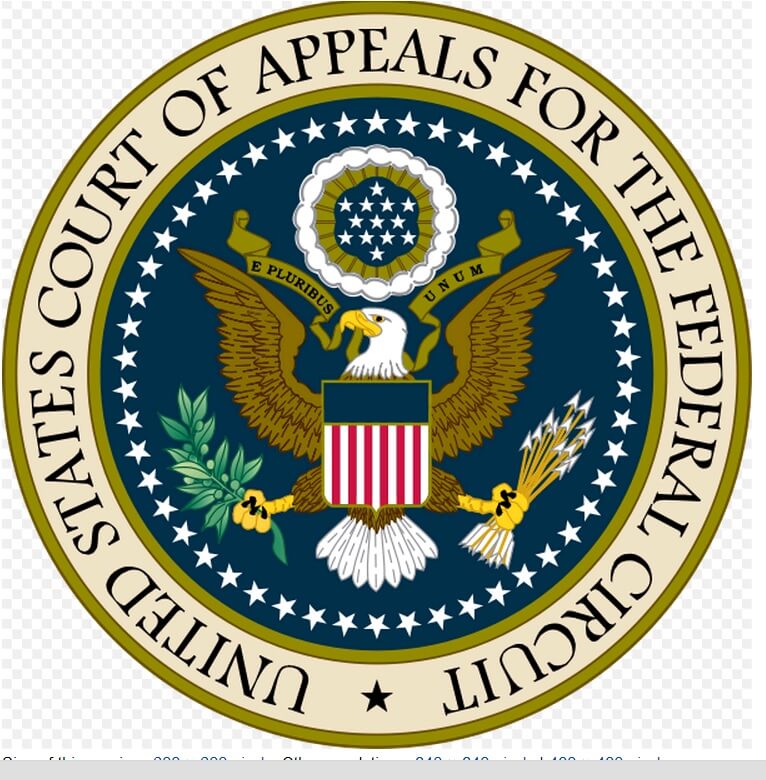The assessment: The involved decision will not harm the biotechnology industry which is largely based on synthetic DNA. Companies that produce kits for genetic tests will have to change the business model

Scientists will not be able to patent DNA segments that exist in nature. That's what the Supreme Court ruled Thursday in what could be a legal test of the legal boundaries of the growing biotech industry. However, the court decided that it would be possible to request a patent registration for synthetically created DNA (cDNA).
Universities and research institutes were allowed to register intellectual property on human genes for nearly 20 years. According to an estimate by Weill Medical College at Cornell, US patents cover about 40% of the human genome.
The court relies on an old convention in American patent law - phenomena that occur in nature cannot be registered as a patent. "We consider DNA segments that appear in nature to be a product of nature and cannot be registered for a patent just because of their isolation, but on the other hand cDNA is eligible for a patent because it does not occur naturally" wrote Judge Clarence Thomas in a unanimous decision.
In the verdict: The Association for Molecular Pathology against Myriad Genetics, combined the activity of researchers and activists against the company Myriad Genetics, which deals in tests and experiments, which developed a set of genetic tests that will help women better understand their risk of getting breast cancer or ovarian cancer.
Myriad developed the process after isolating two segments of the human genome sequence that allows mutations to be identified that indicate that the shims may be more likely to develop these types of cancer. The company has patented these genes called BRCA1 and BRCA2
Myriad's ability to patent its genetic discoveries encourages the company's continued development of new genetic tests and other work. However, the researchers and activists who sued Myriad argued that granting the patent for the basic essence of the human biological code may prevent patients seeking a second opinion and block scientists outside Myriad from investigating the company's discoveries in the interest of increasing public knowledge in the field of genetics.
Myriad downplayed these claims, but her arguments did not influence the court's decision. "It is undisputed that Myriad did not create or modify any part of the genetic information encoded in BRCA1 and BRCA2," writes Judge Thomas. "The location and order of nucleotides existed in nature before Myriad discovered them."
Later he adds: "This is not the case when dealing with cDNAs that are built in the laboratory using a technician who removes introns from DNA sequences. These technicians "without a doubt are creating something new".
The case may guide the biotechnology industry for many years to come. Companies like Myriad will not be able to patent their discoveries in the human genome itself, but they will be able to protect synthetic DNA sequences that have undergone changes and adaptations on material based on natural DNA.
Whereas the CNBC website tried to analyze what the consequences of the decision would be for other companies that engage in a similar practice, chiefly Monsanto. Doug Schenkel, a biotech analyst at Cowen, says that these companies would be affected if all their DNA patents disappeared, but because of the mixed result, there would be no impact on the entire biotech sector, and if there was, it would not be as drastic as it could have been if all The patents were revoked.
Prof. Eileen Kane from Penn State - an expert in molecular biology and law, says that most companies use synthetic dna. The only companies that will be affected will be the companies that develop test kits based on human DNA.
The American Association for Individual Rights (ACLU) sees the decision as a victory: "Are companies entitled to patent recognition of human genes? Today the Supreme Court answered that the answer is no."
makes sense? But for over 30 years the US Patent Office has approved patents on thousands of human genes, including genes related to colon cancer, Alzheimer's, muscular dystrophy and other serious diseases. The status quo means that the companies that control the genes' patents had the right to stop all other scientists from researching, studying, trying and conducting scientific research on our genes."
"We all have these genes that are the basis of the lawsuit against Utah-based Myriad Genetics, but women with certain mutations are at a higher risk of developing breast and ovarian cancer. That is why it is important for them to be examined and make an informed medical decision, as in the case of Angelina Jolie). However, the patents on the genes allowed Myriad to become a monopoly and dictate what types of tests to offer, at what price, and the availability of the second opinion."
Myriad claimed that these genes became an "invention" once they were isolated or removed from a cell in the body. The court rejected that position in a unanimous decision written by Justice Thomas.
The BBC quoted Sandra Park, a lawyer at the ACLU (American Civil Rights Association), who welcomed the decision and said that now genetic tests will be more accessible and scientists can study these genes without fear of drowning.

One response
"And the scientists can study these genes without fear of drowning." very good